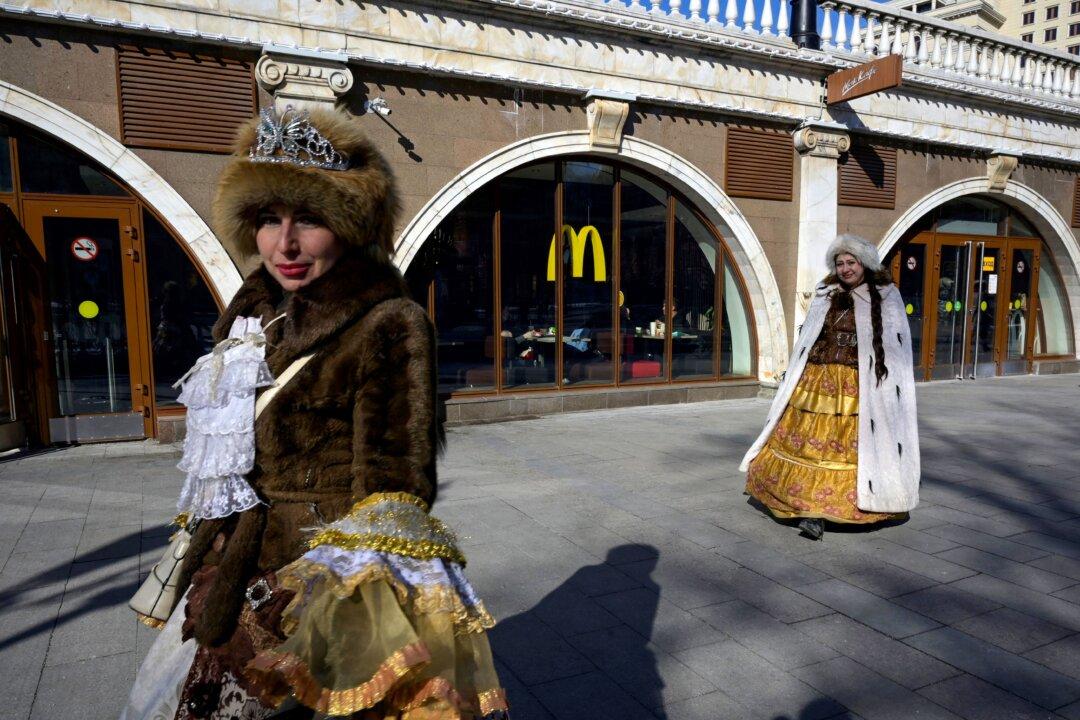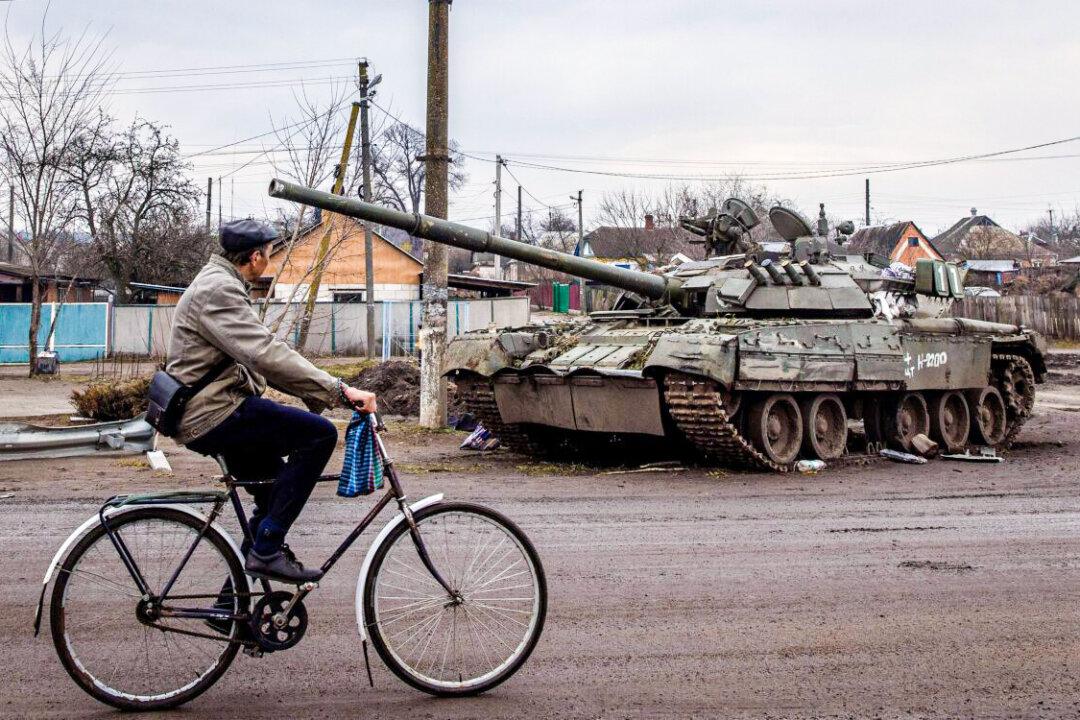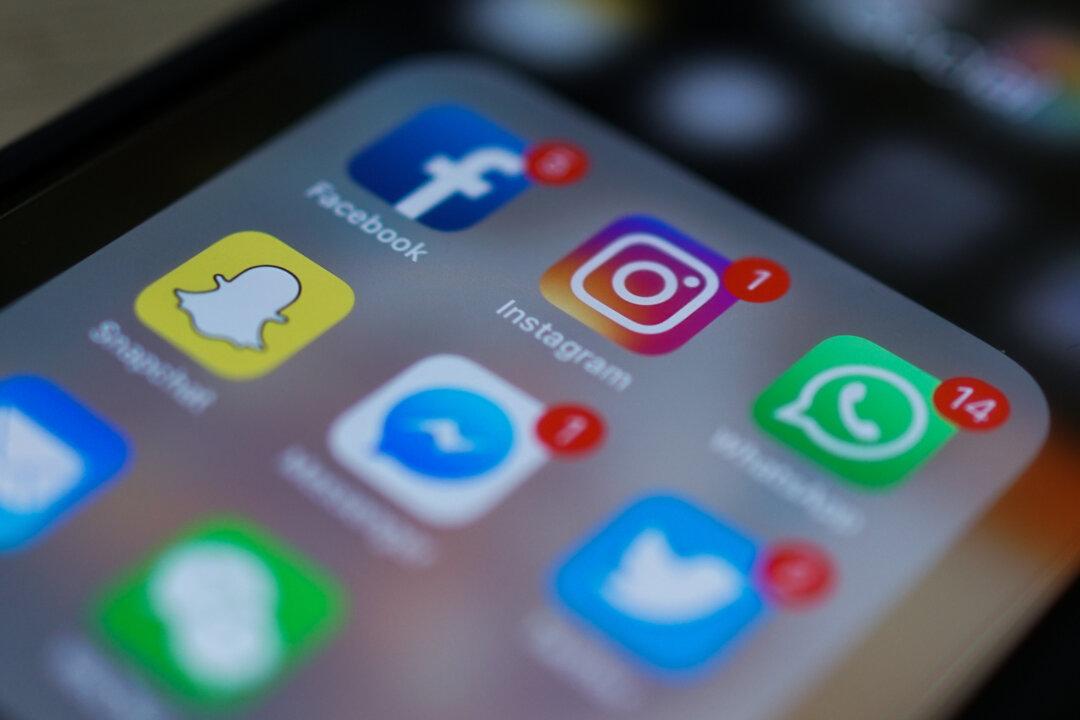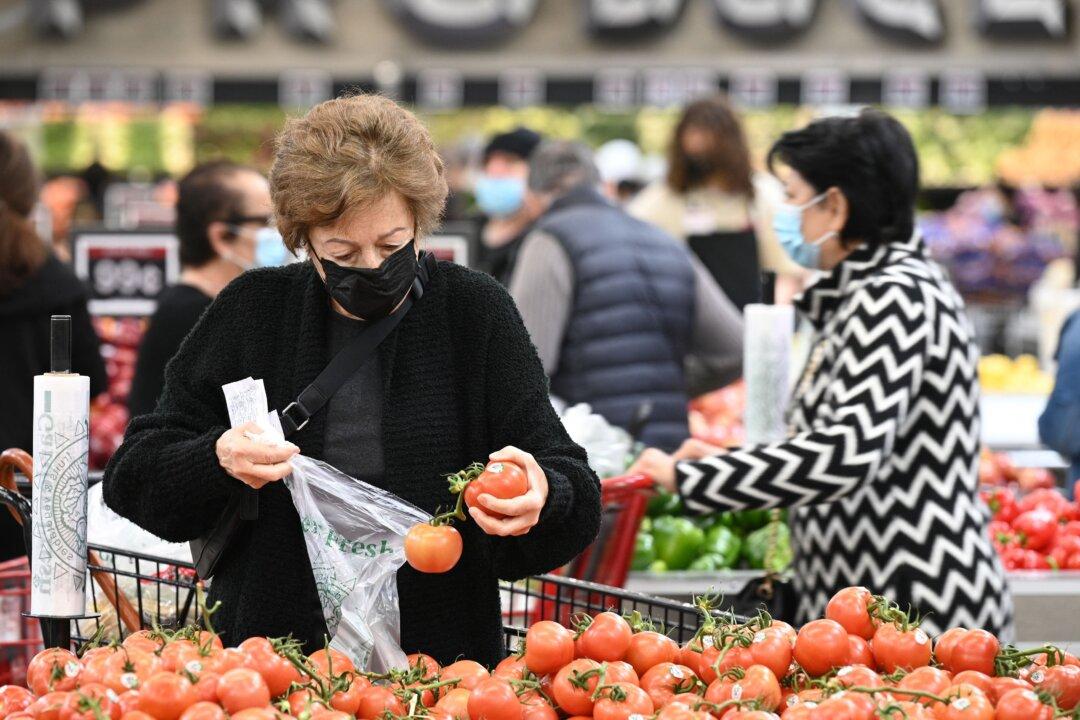The list of companies pulling out of Russia, closing stores, or putting a halt on their trade with the country because of its invasion of Ukraine continues to increase daily. In addition to government sanctions, big names such as IKEA, Nike, Disney, Sony, Warner Bros., Apple, Samsung, Microsoft, Ernst & Young, McDonald’s, Starbucks, and Coca-Cola have taken action.
As of March 11, more than 340 companies have withdrawn from Russia, according to data collected by Yale professor Jeffrey Sonnenfeld and his research team at the Yale Chief Executive Leadership Institute. The group notes that many companies haven’t cut ties with Russia, for varying reasons.





